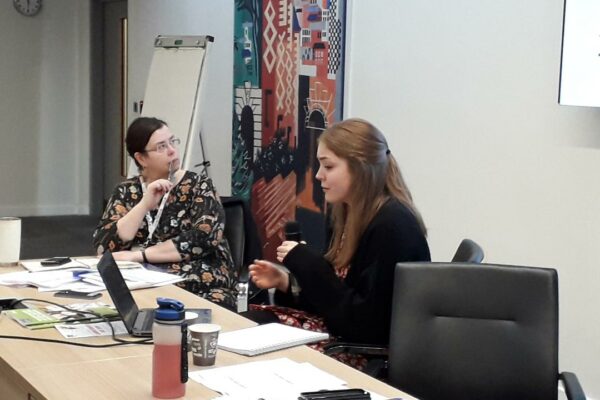This research project explored the closely linked relationship between isolation and loneliness, and how these are connected to health and wellbeing. Loneliness represents both a cause and consequence of emotional, mental and physical ill health. By focusing on societal, situational and personal risk factors and barriers that prevent people from developing good social connections and networks, this research demonstrates the complex, multi-faceted nature of loneliness and social isolation.
In recent years there has been an increasing body of evidence pointing to the negative effects of loneliness on social wellbeing and physical and mental health. In October 2018, the UK government unveiled its strategy to combat loneliness, building on the legacy of the late Jo Cox, an MP who championed this cause. This initiative followed the appointment of a Minister for Loneliness and the establishment of the Commission for Loneliness.
In response to this policy focus, Reading Borough Council identified ‘reducing loneliness and social isolation’ as one of its eight priorities for Health and Wellbeing (2017–2020). As a result, a multi-agency steering group on Loneliness and Social Isolation in Reading was established in 2017.
The report on Tackling loneliness and social isolation in Reading, published in October 2019, is based on research conducted by Dr Ruth Evans and Olivia Bridger, an Undergraduate Research Opportunities Programme (UROP) student. The report was commissioned by the Health and Wellbeing Team at Reading Borough Council.
The research demonstrated how people who are vulnerable to loneliness due to their personal circumstances such as; mental health, disability, ageing, loss of mobility, caring responsibilities, living alone, bereavement or other changes and disruptions across their life course, may be further marginalised by societal factors. These include:
- Cuts to public services
- Stigmatisation
- Other barriers to statutory service provision



The use of Participatory Action Research (PAR) with practitioners, service users, volunteers, and community members who were vulnerable to loneliness, identified practices that helped alleviate loneliness and social isolation in Reading:
- Specialist support and safe spaces
- Focused group activities
- Making services and activities socially, financially and physically accessible
- Advocacy and assistance
- Peer support, befriending and volunteering
- Signposting to ‘someone to talk to’
- Support from healthcare professionals
- Raising awareness about loneliness, isolation, social anxiety and mental health
- Befriending, good neighbourliness and faith communities
The research suggested that support needs to be specifically targeted to meet the diverse needs of the people most at risk of loneliness and social isolation according to socio-economic, geographical, gender, age and ethnicity differentials, in addition to situational and personal factors. There was also a need identified for services, support and activities to be socially, financially and physically accessible and to address barriers in accessing statutory service provision.
Key recommendations to strengthen and develop best practices for reducing loneliness and social isolation in Reading included:

